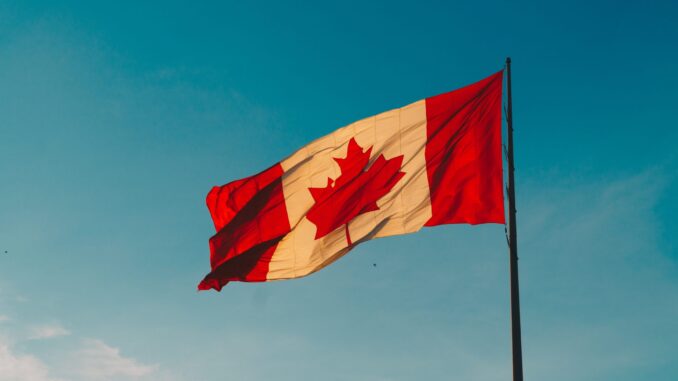
Canadian authorities said they’re on “high alert” with all eyes on the US border as the country braces for a possible influx of migrants from the United States.
This after US President-elect Donald Trump promised the largest mass deportation in American history, accusing immigrants of “poisoning the blood of our country.”
Philippine Ambassador to the US Jose Manuel Romualdez earlier urged Filipinos illegally staying in the US to leave voluntarily to avoid deportation and perpetual blacklisting.
“I can see that the administration of President Trump is really going to be very strict with the immigration policy that he intends to put in place because that is a promise he made to the American public, and that is probably the reason why he won,” Romualdez said.
A Fil-Am lawyer, however, said fears of mass deportation of Filipinos are “a little bit overblown.”
Lawyer Jath Shao told ANC on Saturday that in the past 24 years, the US has deported around 9.6 million people, of which onlu around 25,000 were Filipino.
“We’re not really part of this problem,” he said.
During his first presidential term from 2017 to 2021, tens of thousands of migrants, including Haitians stripped of US protections, fled north to Canada.
“We’re on high alert,” a Royal Canadian Mounted Police spokesman, Sergeant Charles Poirier, told Agence France Presse.
“All of our eyes are looking at the border to see what’s going to happen… because we know that Trump’s stance on immigration might drive up illegal and irregular migration to Canada,” he said.
Immediately following Tuesday’s election, online searches in the United States about moving to Canada jumped tenfold.
The legal status of the people making those queries is unclear, but some US citizens opposed to Trump’s return to power have reportedly been querying Canadian immigration and relocation services.
Google Trends pointed to search terms such as “immigrate to Canada,” “Canada immigration process” and “how to move to Canada.”
The Canadian government estimates the processing of permanent residency applications can take up to one year, while projected wait times for refugee claims is 44 months.
Entering Canada between border checkpoints is illegal, and dangerous, especially in winter months, RCMP’s Poirier noted.
“We understand the misery and fear that drives people to try to cross into Canada (through forests or fields or across lakes and rivers), but there are real dangers,” he warned.
“It’s starting to get cold. We’ve seen some tragedies in the past. People were severely frostbitten and had to have amputations. People also suffered severe hypothermia,” Poirier said.
Some have died.
Rule changes in 2023 have also made it harder for people coming from the United States to succeed in making asylum claims in Canada, and they would likely be returned to the United States.
Poirier said “more boots on the ground” are expected to be deployed along the world’s longest unmilitarized border in the coming days, as authorities expect migrants to start hitting the road soon, ahead of Trump’s inauguration in January.
Additionally cameras, sensors and drones have already been set up along this 8,891 kilometers stretch, and information is being shared between Canada and the United States in real time, he added.
Despite months of planning, Poirier warned if thousands of migrants come all at once and cross at many border points “it could become unmanageable.”
Romualdez, for his part, earlier said a number of Filipinos have already submitted applications and are waiting for their paperwork to be processed.
He urged other illegal Filipino immigrants, sometimes called “TNTs” or “tago ng tago” [always in hiding], to do the same and consider leaving voluntarily, warning that staying could lead to arrest, deportation and inclusion in an official blacklist – which almost guarantees they can never come back.


Be the first to comment